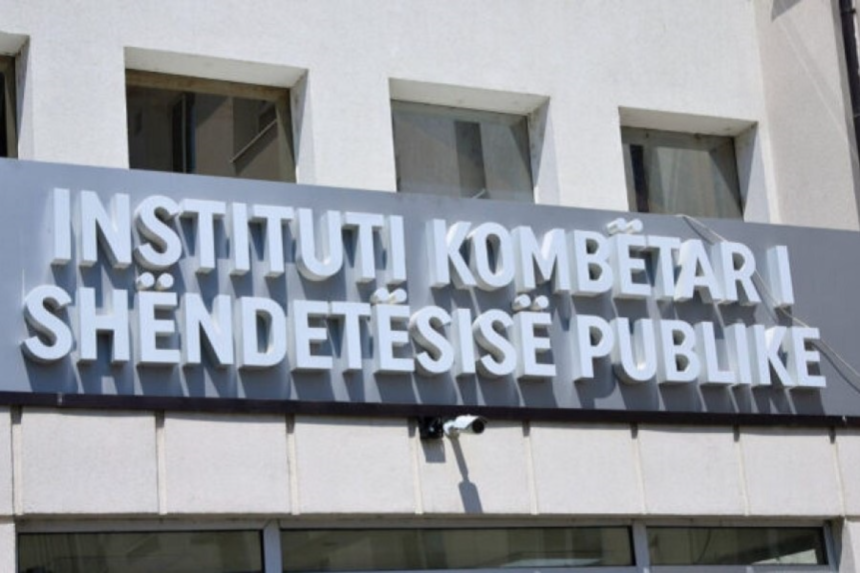The National Institute of Public Health of Kosovo (IKShPK) has issued guidelines regarding Human Metapneumovirus (hMPV) following a possible increase in cases in certain regions. IKShPK, in collaboration with the World Health Organization (WHO) office in Kosovo, has shared basic information to help citizens stay informed and take preventive measures.
How hMPV Spreads and Its Symptoms hMPV spreads through droplets from coughing and sneezing, close personal contact, such as kissing, handshakes, or touching objects and surfaces contaminated with the virus, followed by touching the face. Symptoms include coughing, fever, nasal congestion, and wheezing. Most hMPV cases are mild, similar to a common cold.
Who is at Risk? The virus poses a greater risk to vulnerable groups, including young children, the elderly, and individuals with weakened immune systems. Severe cases can lead to bronchitis or pneumonia, particularly in infants, the elderly, and people with pre-existing lung conditions such as asthma or chronic obstructive pulmonary disease (COPD).
Preventive Measures IKShPK emphasizes simple measures to prevent the spread of hMPV, including staying home when sick, following medical advice, wearing masks in crowded or poorly ventilated spaces, covering coughs and sneezes, frequent hand washing, avoiding touching the eyes, nose, or mouth with unwashed hands, and getting recommended seasonal flu vaccines.
Treatment and Vaccination Currently, no specific treatment or vaccine exists for hMPV. Medical care is primarily symptomatic, with over-the-counter medications used for pain and fever relief. In more severe cases, doctors may prescribe temporary inhalers for wheezing and cough.







